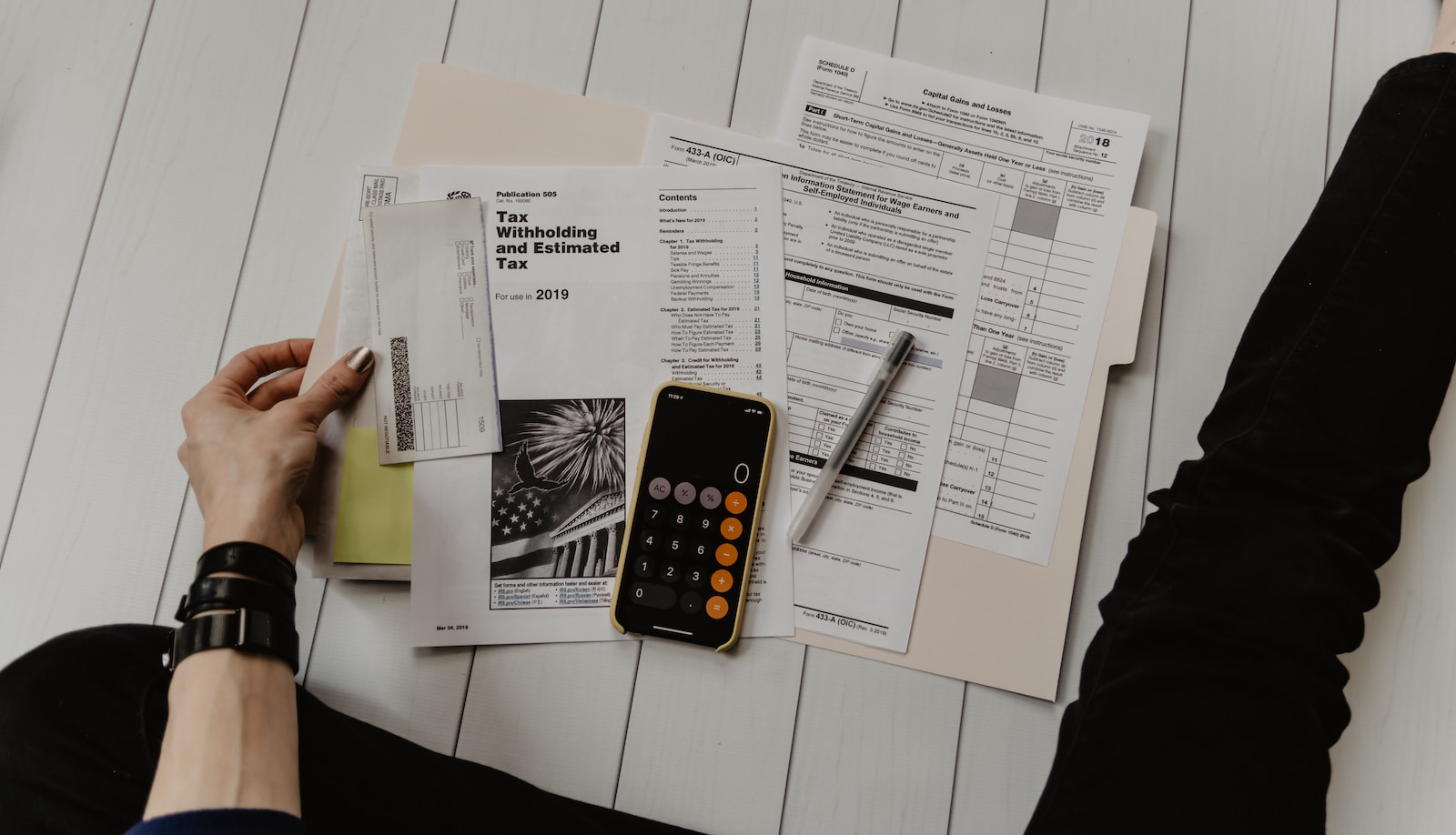
Escrow is a legal concept describing a financial agreement whereby an asset or money is held by a third party on behalf of two other parties that are in the process of completing a transaction.
Escrow accounts are managed by the escrow agent. The agent releases the assets or funds only upon the fulfillment of predetermined contractual obligations (or upon receiving appropriate instructions). Money, securities, funds, and other assets can all be held in escrow.
- Escrow refers to a neutral third party holding assets or funds before they are transferred from one party in a transaction to another.
- The third party holds the funds until both buyer and seller have fulfilled their contractual requirements.
- Escrow is associated with real estate transactions but it can apply to any situation where funds will pass from one party to another.
- Escrow can be used when purchasing a home and for the life of a mortgage.
- Online escrow has been on the rise as a way to offer secure online transactions for expensive items, such as art or jewelry.
Understanding Escrow
Escrow is a financial process used when two parties take part in a transaction and there is uncertainty about the fulfillment of their obligations. Situations that may use escrow can involve internet transactions, banking, intellectual property, real estate, mergers and acquisitions, law, and more.
Consider a company that is selling goods internationally. That company requires assurance that it will receive payment when the goods reach their destination. The buyer, for their part, is prepared to pay for the goods only if they arrive in good condition.
The buyer can place the funds in escrow with an agent with instructions to disburse them to the seller once the goods arrive in a suitable state. This way, both parties are protected and the transaction can proceed.
For real estate, there are two escrow accounts. The first is used when you’re buying a home. The second is used during the life of the mortgage.1
Types of Escrow
Escrow and Real Estate
Escrow accounts can apply to real estate transactions. Placing the funds in escrow with a third party allows the buyer to make a good faith deposit or perform due diligence on a potential property acquisition. Escrow accounts also assure the seller that the buyer is serious about the purchase.
For example, an escrow account can be used for the sale of a house. If there are conditions attached to the sale, such as the passing of an inspection, the buyer and seller may agree to use escrow.1
In this case, the buyer of the property deposits the payment for the house in an escrow account held by a third party. The seller can proceed with, e.g., house inspections, confident that the funds are on deposit and the buyer is capable of making payment. The amount in escrow is then transferred to the seller once all the conditions for the sale are satisfied.
Escrow can also refer to an escrow account that is set up at the time of mortgage closing. In this instance, the escrow account contains future homeowners insurance and property tax payments.1
A portion of the monthly mortgage payment is deposited into the escrow account to cover these payments. Thus, borrowers that set up an escrow account, if required by the lender (or at their own discretion) will have higher payments than those who do not. However, they will not have to worry about paying the yearly premiums or property tax bills as they’re already paying portions of them monthly into their escrow account.21
Escrow and the Stock Market
Stocks are often issued in escrow. In this case, while the shareholder is the real owner of the stock, the shareholder has limited rights when it comes to the disposal of the stock.
For example, executives who receive stock as a bonus to their compensation often must wait for an escrow period to pass before they can sell the stock. Stock bonuses are often used to attract or retain top executives.3
Escrow and Online Sales
Online escrow, like real estate and stock market escrow, protects the buyer and seller from fraud or nonpayment. An online escrow service acts as the third party for online product sales. Buyers send their payments to the escrow service, which holds the money until the product is received.
Once the product is delivered and verified, the online escrow service releases the funds to the seller. Escrow services are best suited for high-value items, such as jewelry or art. The online escrow company charges a fee for the service.4
You can request an escrow account yourself for the tax and insurance payments on your house, even if your lender doesn’t require it. Escrow can help a home owner be sure that money needed for property taxes and insurance will be available when payment is due. In other words, instead of having to come up with a large lump sum, the homeowner can make smaller monthly deposits in an escrow account, which will be disbursed by the agent at the appropriate times.2
Advantages and Disadvantages of Escrow
For a fee, escrow can provide parties to transactions that involve large amounts of money an assurance of security.
Escrow accounts for mortgages can help protect the borrower and lender from potentially late payments for property taxes and homeowners insurance. These monthly amounts are usually estimated. You can overpay (or underpay) into your escrow account, which may require an adjustment when it comes time for the servicer to make the payments.
The convenience of monthly escrow payments requires a higher monthly payment compared to paying just principal and interest.
Pros
- Provides protection during transactions, notably for real estate involving sizable amounts of money
- Allows for monthly payments toward insurance and taxes (instead of a large lump sum)
- Beneficial for both the buyer and seller when big-ticket items are involved
Cons
- Higher mortgage payments (if escrow is used for taxes and insurance)
- Estimates might be incorrect for tax due
- Online escrow service fees might be higher than those on other platforms, such as PayPal
What Is the Escrow of a House?
Escrow relating to buying a house is an account (called the escrow account) in which money from the potential homebuyer is deposited. Required escrow is generally 1% to 2% of the asking price for a home. The money is required to ensure the buyer is seriously considering the home and has the funds to make the purchase. In return, the seller will usually take the property off the market and allow the potential buyer access to the home for inspections.
How Does Escrow Work?
Escrow required by mortgage lenders involves making monthly payments for property taxes and homeowners insurance into an escrow account held by a third party. If escrow is required by the lender (or requested by the borrower), the monthly payment will include principal and interest for the loan, as well as amounts for property taxes and homeowners insurance. The lender will keep the amounts for taxes and insurance in the escrow account. Then, when the bills come due, they will make the appropriate payments.
What Does Escrow Mean in Mortgage?
Escrow relating to mortgages involves property tax and insurance payments. This escrow account can last for the length of a mortgage loan. Lenders don’t always require escrow. However, if you are required to set up an escrow account, many lenders will consider a written request to end escrow after you’ve made, typically, a year of on-time mortgage payments and your loan-to-value is generally 80% or lower.6
Is Escrow Good or Bad?
Escrow is generally considered good, as it protects the buyer and seller in a transaction. In addition, escrow as part of mortgage payments is generally good for the lender and helps the buyer by ensuring property taxes and homeowners insurance are paid on time.
What Is an Escrow Disbursement?
An escrow disbursement is a payment made from an escrow account. With real estate, it’s made by the lender on behalf of a borrower to cover property taxes and homeowners insurance.
The Bottom Line
Escrow can be used for various transactions, including real estate, stock issuances, and online sales. Money from the buyer is held in an escrow account until the transaction is complete, or the buyer is able to receive or verify the condition of the product.
Once the buyer approves the transaction, the money is released to the seller from the escrow account. The company managing the escrow account generally takes a fee for performing the third-party service.



